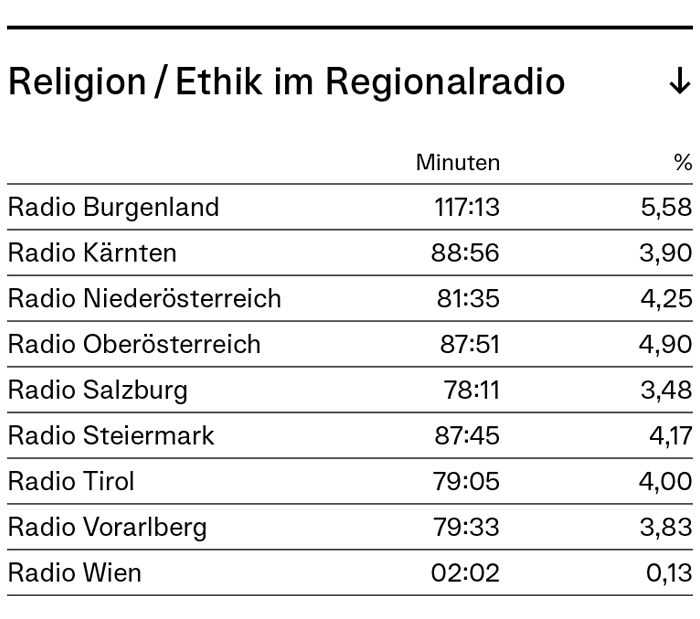Back to overview
Irene Klissenbauer, Editor "Religion and Ethics - multimedia"
#46 Does God live on the net?
Digitalisation is increasingly proving to be a challenge for religious communities. It contributes to better networking, but also changes it.
While the advantages of barrier-free communication for religious communities have

become apparent in recent years, especially for so-called diaspora communities, the relevance for society as a whole of the shift of religious rites and discourses (also) into the digital space became visible worldwide in the course of the Corona pandemic. Many of the digital offerings of religious communities will probably continue to exist in the long term. Not least because these offerings have also increased their reach many times over. This became particularly clear with regard to church services, which were frequently made available via stream during the Corona pandemic.
For the department "Religion and Ethics Multimedia", these developments offer many opportunities. For example, thanks to digitisation, various resources can be accessed online, facilitating research activities. Religious discourses at home and abroad, many of which are now available as webinars, can also be followed online. A special opportunity for religious journalism is that digitalisation gives the diversity of religious life a visible space. This means that different developments outside the mainstream can be followed more closely. These developments have relevance for society as a whole, especially because younger generations find religious homes and authorities here. This can be seen, for example, in the influence of religious influencers.
These developments not only contribute to a questioning of religious authorities, interpretations and power sovereignties, but also to a pluralisation of the discourse, which, especially in social media, often ranges from theologically based to "religious illiteracy". The importance of expert religious journalism for society as a whole is particularly evident in the fact that it is able to uncover fake news, critically classify developments and report on them independently due to its theological, religious-scientific and ethical background. In this way, it contributes significantly to a comprehensive public debate and can fulfil its educational mandate. In increasingly pluralistic societies, this is of enormous importance for the coexistence of the most diverse people.




 become apparent in recent years, especially for so-called diaspora communities, the relevance for society as a whole of the shift of religious rites and discourses (also) into the digital space became visible worldwide in the course of the Corona pandemic. Many of the digital offerings of religious communities will probably continue to exist in the long term. Not least because these offerings have also increased their reach many times over. This became particularly clear with regard to church services, which were frequently made available via stream during the Corona pandemic.
become apparent in recent years, especially for so-called diaspora communities, the relevance for society as a whole of the shift of religious rites and discourses (also) into the digital space became visible worldwide in the course of the Corona pandemic. Many of the digital offerings of religious communities will probably continue to exist in the long term. Not least because these offerings have also increased their reach many times over. This became particularly clear with regard to church services, which were frequently made available via stream during the Corona pandemic.